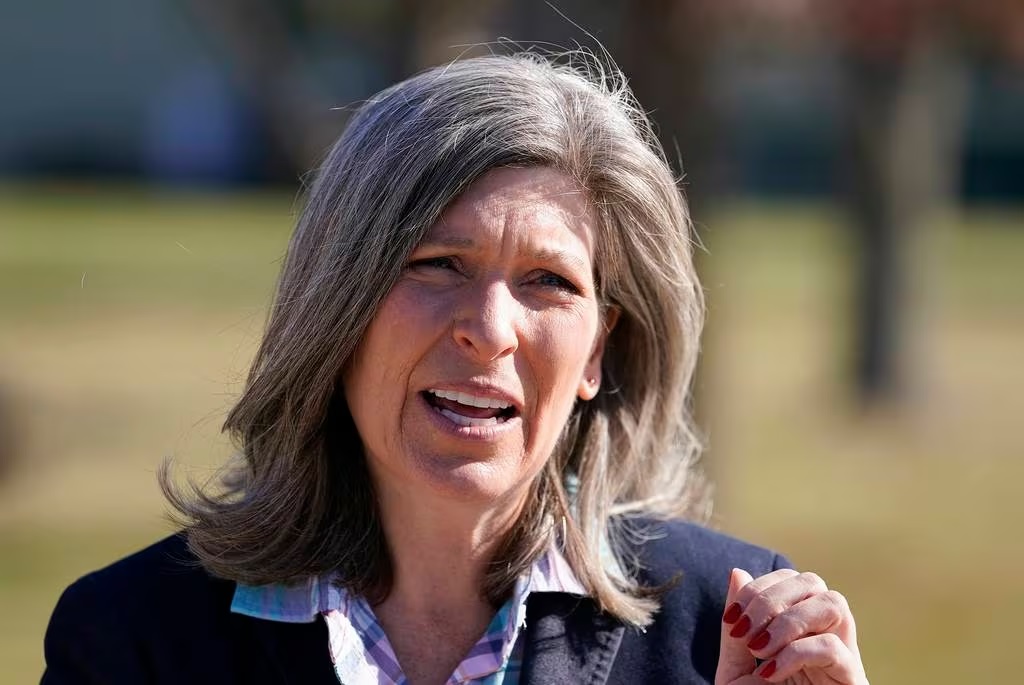Retiring President Biden is lifting Cuba’s designation as a state sponsor of terrorism less than a week before leaving office, a decision that has outraged Republican members of Congress who advocate for maintaining strict sanctions.
Biden’s plan to ease restrictions on the longtime Communist-run island was first reported by The Associated Press, but the White House has yet to provide a public explanation for the move.
Sen. Marco Rubio (R-Fla.), a Cuban-American and President-elect Donald Trump’s nominee for secretary of state, could reinstate the designation after taking office.
Texas Sen. Ted Cruz, another prominent Cuban-American Republican, criticized Biden’s action, calling it “unacceptable on its merits.” He added, “The terrorism advanced by the Cuban regime has not ceased. I will work with President Trump and my colleagues to immediately reverse and limit the damage from the decision.”
South Florida Republican Rep. Carlos Gimenez also expressed his disapproval on social media:
“President Biden is a pathetic coward. Come January 20th, there will be a NEW SHERIFF in town & President Trump alongside Secretary of State [Rubio] will not only put #Cuba BACK on the list but PULVERIZE the regime once & for all!”
The state sponsor of terrorism designation was applied nearly four years ago by then-Secretary of State Mike Pompeo during the final days of Trump’s first term. At the time, Pompeo cited Cuba’s longstanding support of violent left-wing fugitives and revolutionaries as the primary reason.
“For decades, the Cuban government has fed, housed, and provided medical care for murderers, bombmakers, and hijackers, while many Cubans go hungry, homeless, and without basic medicine,” the State Department declared.
The designation referenced Cuba’s harboring of leaders from the National Liberation Army (ELN), a U.S.-designated Foreign Terrorist Organization, who traveled to Havana for peace talks with the Colombian government in 2017. Following a 2019 bombing in Bogota attributed to the ELN, Colombia requested the extradition of ten ELN leaders residing in Havana, which Cuba refused, citing peace negotiation protocols.
Additionally, the Cuban regime has refused to extradite multiple U.S. fugitives convicted of violent crimes, including Joanne Chesimard, who remains on the FBI’s Most Wanted Terrorists List for the 1973 killing of New Jersey State Trooper Werner Foerster.
Other fugitives harbored by Cuba include Ishmael LaBeet, convicted of killing eight people in the U.S. Virgin Islands in 1972, and Charles Lee Hill, accused of killing New Mexico state policeman Robert Rosenbloom in 1971.
It remains unclear how Biden’s decision will affect Havana’s economy. The state sponsor of terrorism designation, one of the most severe sanctions regimes, currently applies to only three other countries: Iran, North Korea, and Syria.
 Telegram is where we really talk. Don't miss out!
Telegram is where we really talk. Don't miss out!








